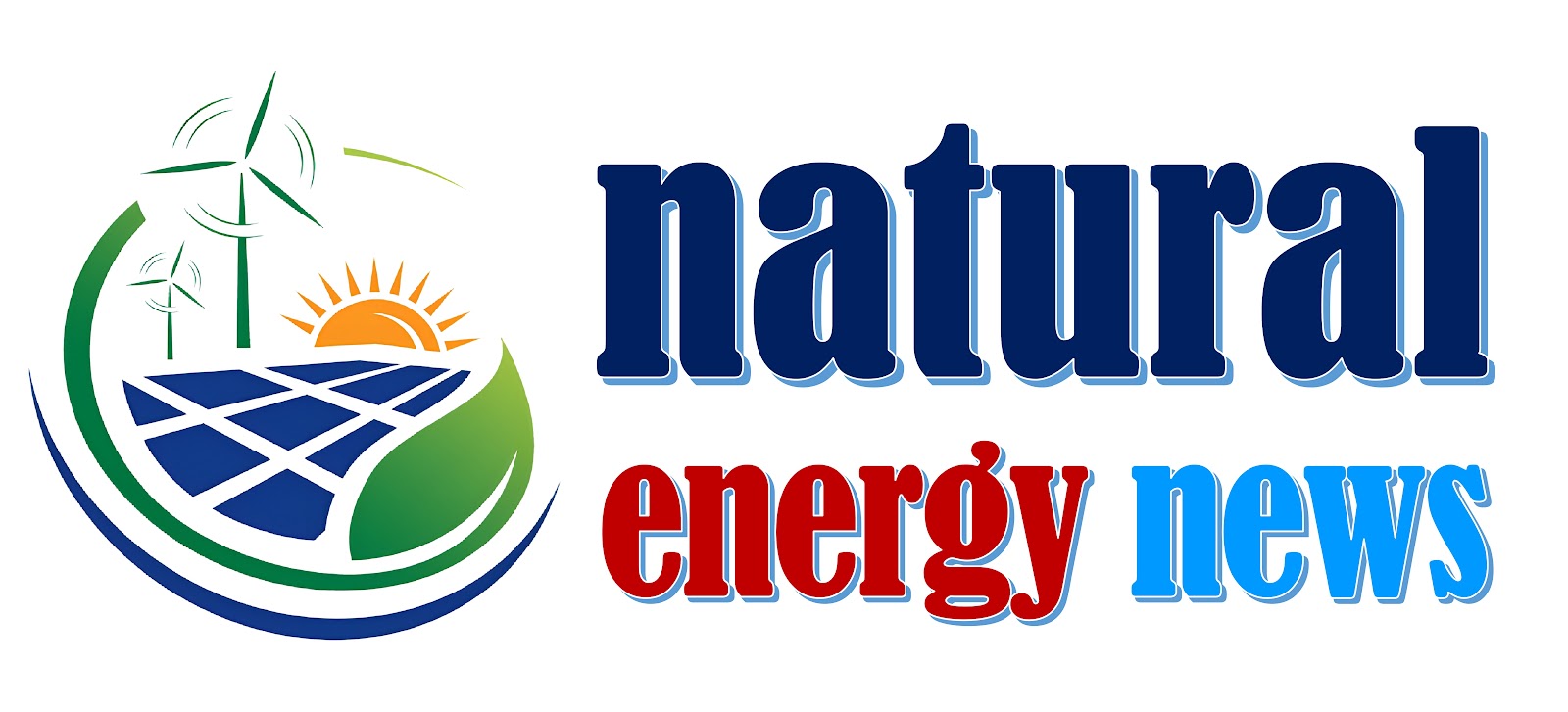Wyoming produces more minerals from public lands than almost any state in the country.
This creates a new federal guideline particularly powerful for the major energy producer. In light of the COVID-19 epidemic, the Bureau of Land Management announced last week that it would temporarily provide tax cuts to oil and gas companies working on federal lands.
The move has sparked a wave of heated reactions from both corners of Wyoming - both for relief and for relief, which could have far-reaching effects for the state, its public and its energy producers.
This relief will reduce the rates for mineral royalty payments if an operator shows that it has overcome the financial crunch caused by the virus and has been approved.
A lower royalty rate will become effective for 60 days, with the opportunity to apply again. Royalty mineral tax is usually paid at the rate of 12.5 percent when an operator extracts oil and gas from public land, according to the Mineral Leasing Act.
Have you read this?
Derrick Henry said that the Bureau of Land Management (BLM) state offices are only approving the application of suspension of operations and royalty rate reduction when it is in the best interest of conservation to do so or when it will encourage the greatest eventual recovery of our natural resources.
Wyoming's BLM declined to provide the exact number of requests received from oil and gas companies for rate cuts.
Of Wyoming's 62 million surface acres, 48 percent is considered federal public land. The BLM oversees the use of 18 million surface acres in Wyoming. The state typically reads large-scale financial returns for this development, receiving a portion of federal royalties, as well as about half of the money received from the sale of federal leases. Last year, the lease sale disbursed $ 117 million to Wyoming's Coffer, much of which supports public services in rural communities.
The Petroleum Association of Wyoming, a group that represents the majority of oil and gas operators in the state, welcomed the interim relief, pointing to the benefits the state would receive as an effort to overcome the epidemic.
Have you read this?Jubail Industrial Port (JIP) exports around 5.4million tonnes of petroleum goods in April 2020
"Temporary relief measures, which enable companies to continue operating in this climate, promote more rapid market conditions," Ryan McConaughey, communications director for the Petroleum Association, said in a statement.
However, given the continuing weak market conditions for oil, reducing royalty obligations for two months may not be enough to save some oil and gas firms. Independent oil and gas operators have been hit by one or two punches: a global price war and a drop in demand driven by the COVID-19 epidemic.
With the price of one barrel of oil above $ 30 this week, the price of oil remains too low to make it worthwhile for most producers. West Texas Intermediate, the benchmark for oil, landed at $ 33.91 a barrel on Thursday. But the realized price for Wyoming Sweet Crude is usually lower than that of WTI, and operators are left with few options, but to close in the wells and lay off workers. For now, the price of oil and gas is still too low to make extraction possible in the most lucrative plays. And a complete recovery in energy markets appears far away.
The bureau continues to consider lease suspensions for oil and gas companies affected by the virus, in addition to royalty reductions. According to the BLM database, as of last week, 69 companies operating in the state have applied and been given lease suspension.
 |
| Image Credit: Surfer Today |
Opposition fast and strong:
Not every Wyomingite welcomed royalty cuts, the announcement was immediately followed by opposition from conservation groups and taxpayers' advocates. Critics of the aid have accused the BLM of taking out minerals owned by the public at rock-bottom rates, with some returns for taxpayers or states facing huge revenue losses.
According to an investigation by High Country News, some groups have even gone so far as to question the validity of royalty reductions and lease suspensions.
The Wyoming Outdoor Council spoke against the decision. Communications Director Alan Rogers stated that a federal grant or loan program would be more effective in supporting all businesses, such as oil and gas firms and their workers, during the epidemic.
"A broader approach to workers and businesses, as directed by Congress, is more appropriate than agencies that do favors for individual industries," Rogers said in a statement. “Those minerals belong to American taxpayers and royalty payments are an important pillar of Wyoming's economy. It is not suitable for BLM to provide almost free oil and gas. "
The group has closely tracked BLM's leasing practices on public lands throughout the West, noting that BLM's current practices promote drilling at the expense of sensitivity.






.JPG)

.JPG)

0 Comments